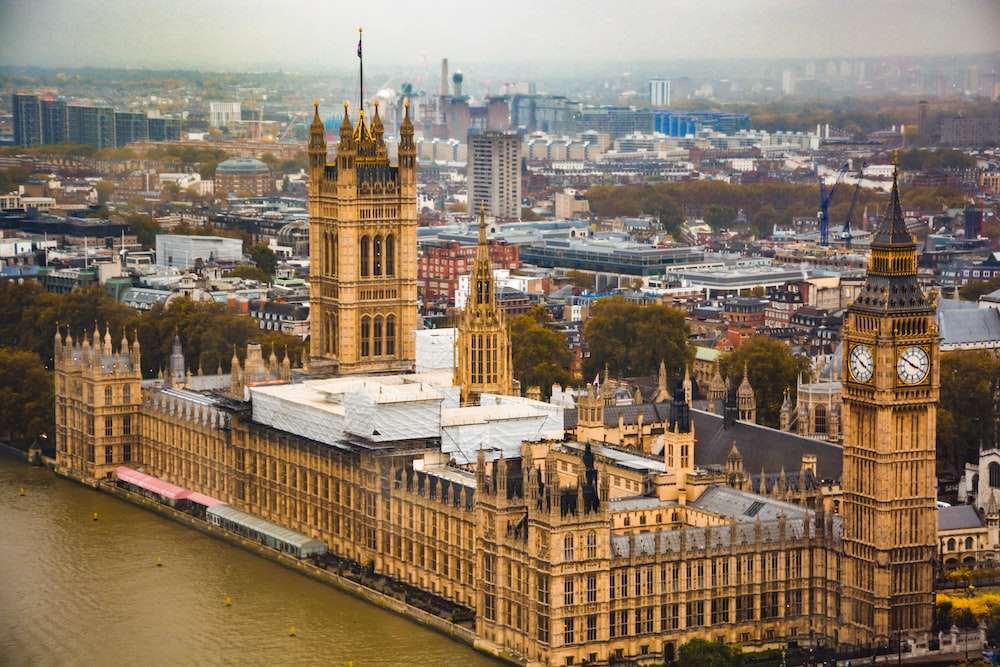The fourth webinar of Martyn Fiddler Aviation’s UK Tax Week explored opportunities and challenges arising from the new UK tax territory from different business aviation sector perspectives.
Benefits and Opportunities for Brokers
Focussing on purchases and sales of aircraft, one thing to consider is how the UK’s departure from the EU has improved the VAT efficiency of closing a sale in the UK. Where an aircraft deal is closed in the UK, normally UK VAT would apply to the sale, even if the aircraft has not been imported into the UK. However, the UK has enacted a provision to permit a sale closing in a UK Customs warehouse to take place without the application of VAT on that sale. This also means that there would be no requirement for the seller to register for UK VAT in order to account for VAT on the sale. In addition, if there are a series of back-to-back transactions, all of those transactions can be completed without the application of VAT, providing the aircraft is within the UK customs warehouse for all of the sales.
Lawyer and Financier Opportunities Provided by the New UK Tax Area
Similar to brokers – who can enjoy the use of customs warehouse to escape VAT and close on the ground in the UK – financiers, banks, and lawyers are also able to take advantage of this provision for a Customs Warehouse sale, as it not only allows the sale to take place in the UK without any UK VAT, but also allows any relevant new mortgage to be applied while the aircraft is on the ground in the UK. The UK aircraft being sited in the UK leads to greater clarity in terms of the applicable law, so to be able to close in the UK and apply a mortgage directly is an advantage, rather than flying the aircraft to the UK shortly after closing.
Opportunities for Aircraft Managers
Being able to close a transaction in the UK in a Customs Warehouse is a significant advantage if there is a requirement for any technical support at the time of the sale. This support would be available where the transaction closes in the UK, whereas, in some other territories, suitable technical support may not match the same standards or may not be available at all.
Tech Support in Relation to MROs and Maintenance Facilities
The primary use for customs warehousing is storage. However, there is another customs special procedure known as Inward Processing which is available for works and maintenance required for aircraft. Both Customs Warehousing and Inward Processing are only available for non-imported aircraft. For example, for an MRO, if a sale takes place within a Customs Warehouse, but the aircraft requires works to be completed, it is possible for an aircraft that is in a Customs Warehouse to be transferred to the Inward Processing Customs regime, where the works can be completed, and then to be transferred back to the Customs Warehouse, either before or after maintenance depending on how the deal has been set up.
Opportunities for Aircraft Operators – Specifically those with an AOC
For charter operators, the UK’s departure from the EU has presented some initial challenges in relation to third country operator approvals. However in terms of customs requirements and the need to re-import aircraft into the “other” customs territory, UK aircraft can be re-imported into the EU and vice versa. This is so charter work can continue as it has in the past. The rules remain the same regarding VAT exemption and ability to import an aircraft without VAT being charged, where most charter aircraft can be treated as a “qualifying aircraft” under the VAT rules. This was one of the very few points covered by the trade and cooperation agreement between the UK and EU, confirming no VAT would apply to such imports. Whilst there is a requirement for an administrative procedure, an import declaration can be made to return those aircraft back into the UK or other customs territory.
Opportunities for Aircraft Owners
We would always recommend that – where there are areas of doubt about the import status of an aircraft or the need to re-import into other jurisdictions – that suitable professional advice is sought. In over 90% of cases, we have been able to re-import our clients’ aircraft where required or to resolve import difficulties where, post the UK leaving the EU, there has only been one EU import in place for the two new Customs territories. We have been able to resolve client Customs issues in order to put owners back to the Customs status that they enjoyed before, and to avoid the risk of their aircraft being either assessed or impounded, as a result of improperly flying in a Customs territory where they no longer retain free circulation status.
Temporary Admission for UK Aircraft Owners Returning to the EU
From 1st January 2021 most new UK aircraft owners who are not resident within the EU, and who meet the other Temporary Admission conditions, now have the option to use Temporary Admission into the EU. This is a significant advantage as it saves the need to import the aircraft, to have to pay the import VAT, and then to have to attempt to reclaim it.



